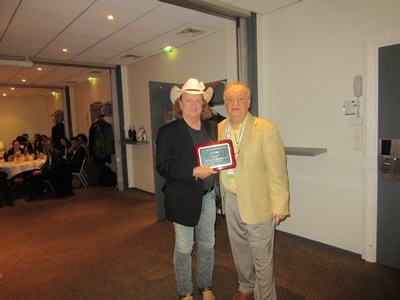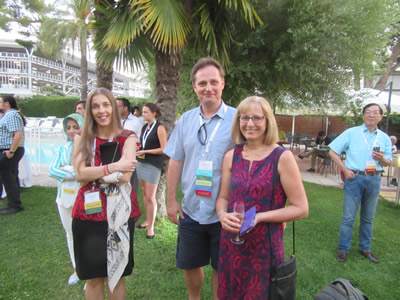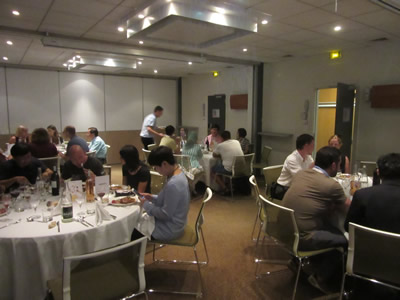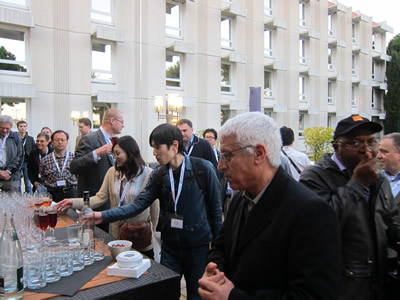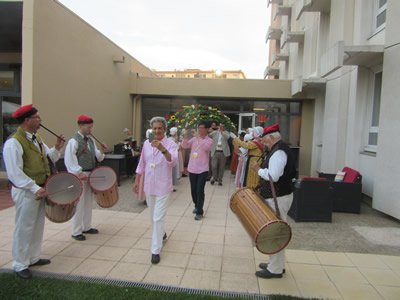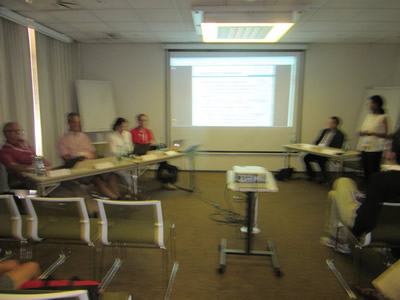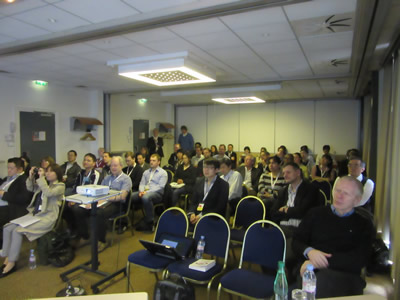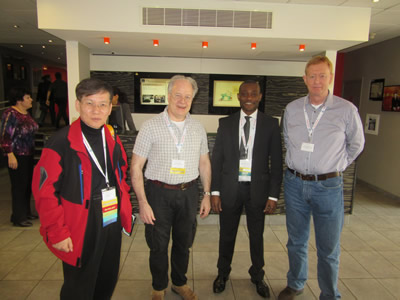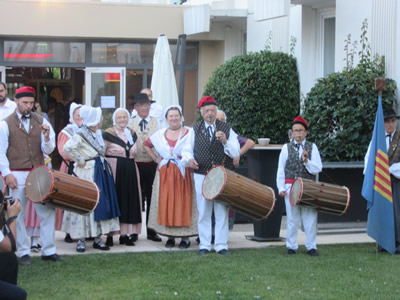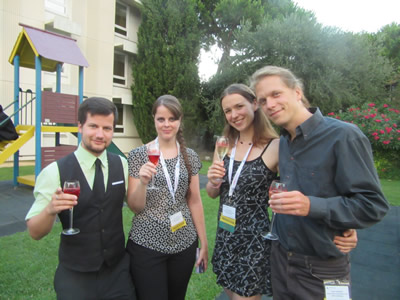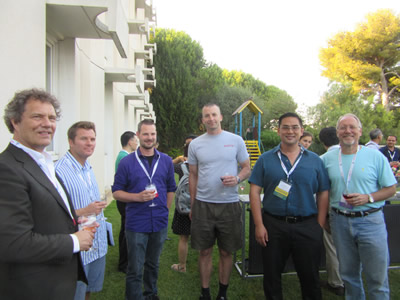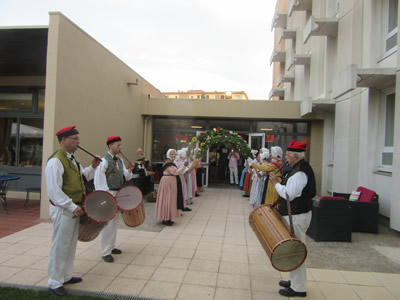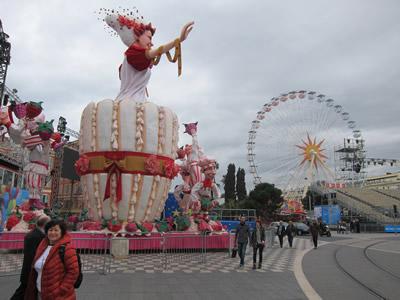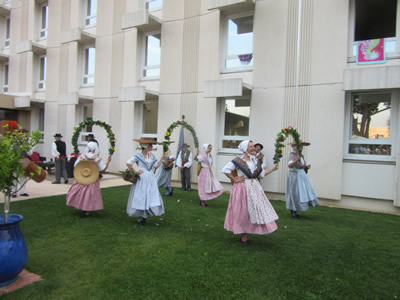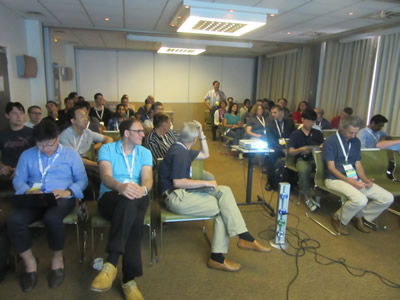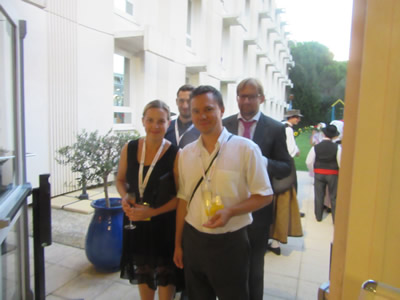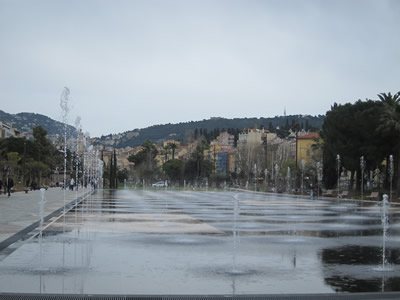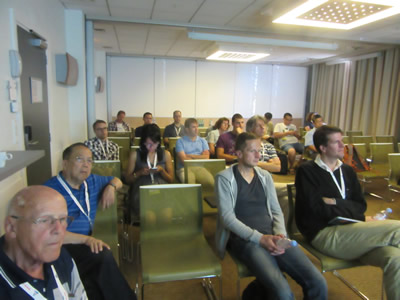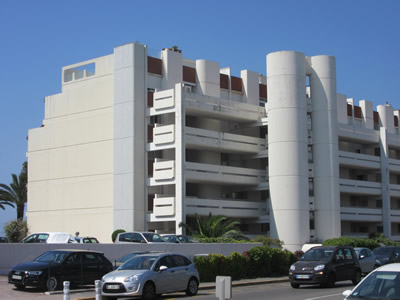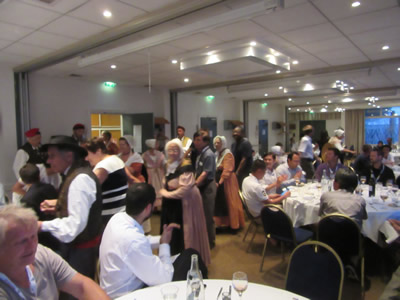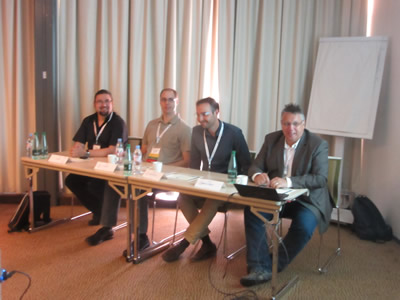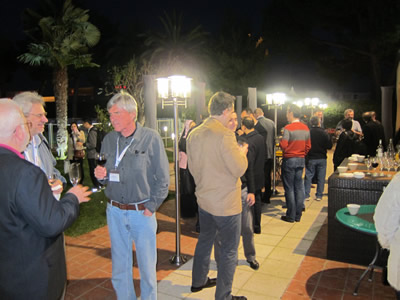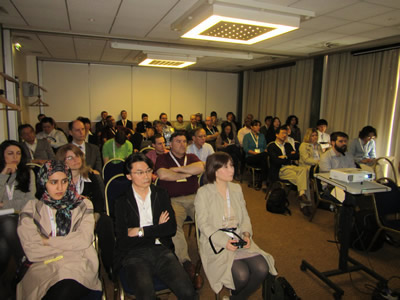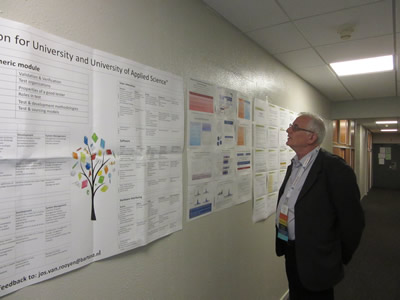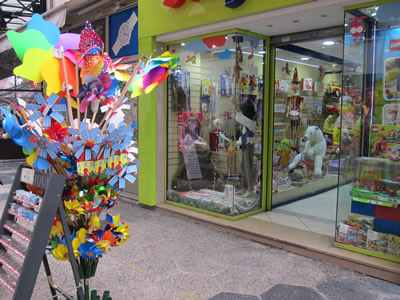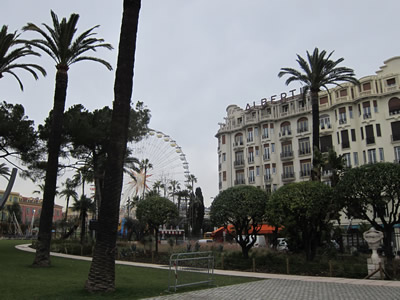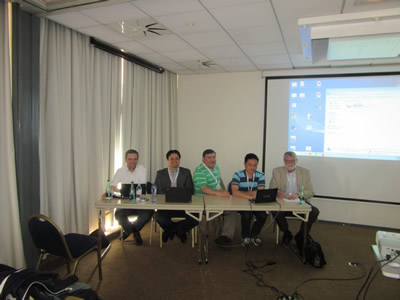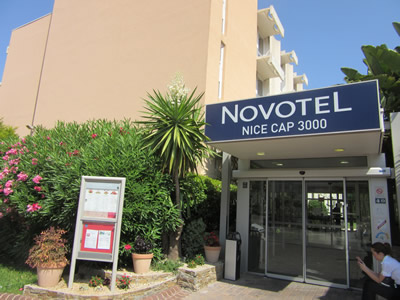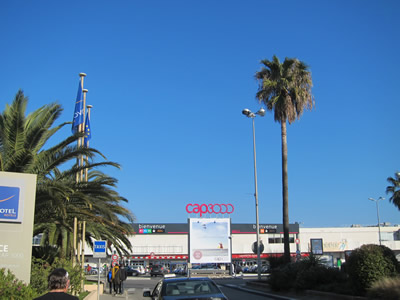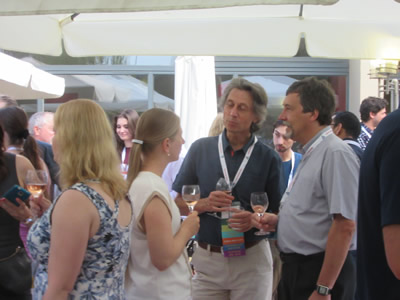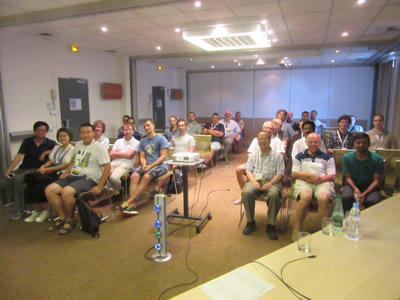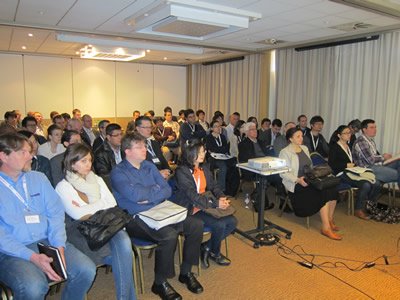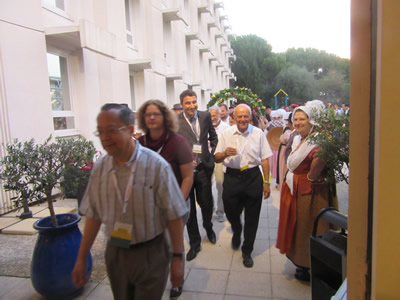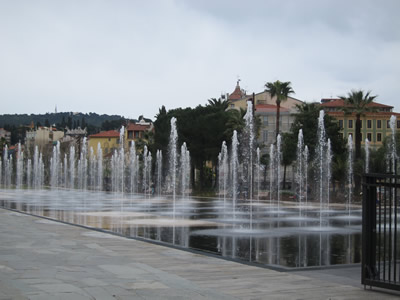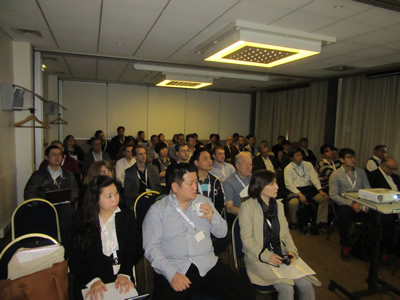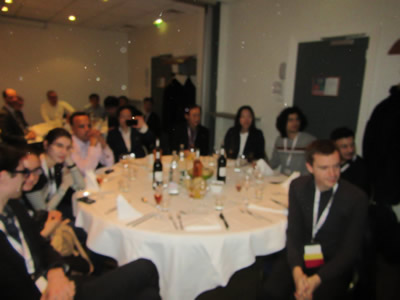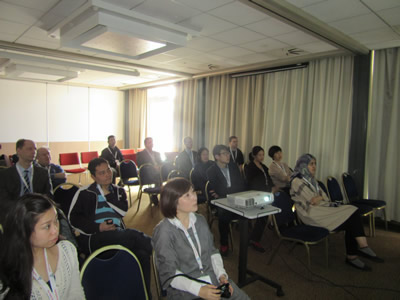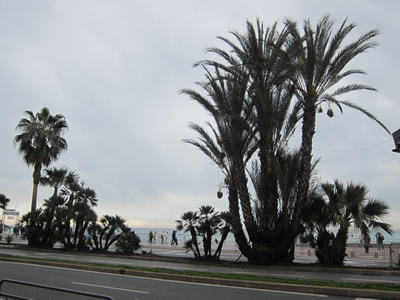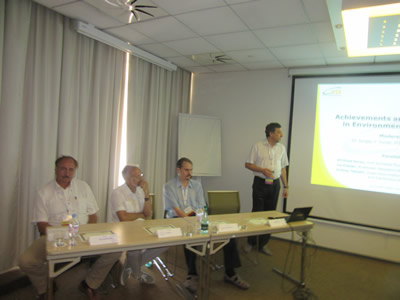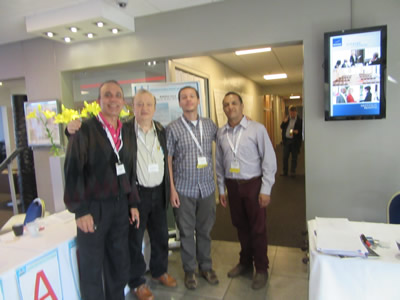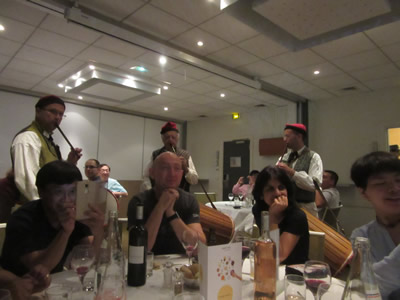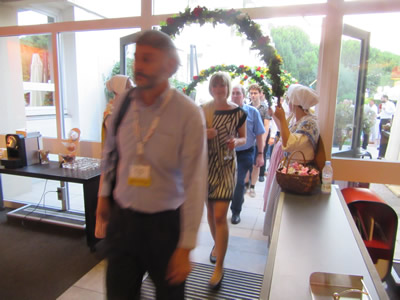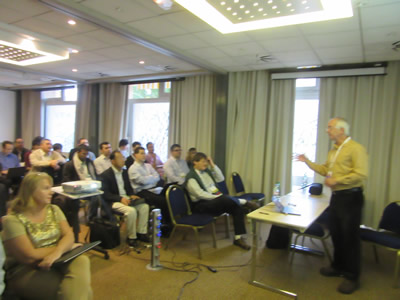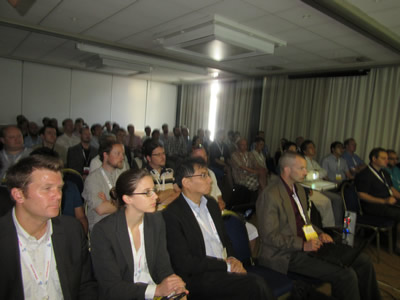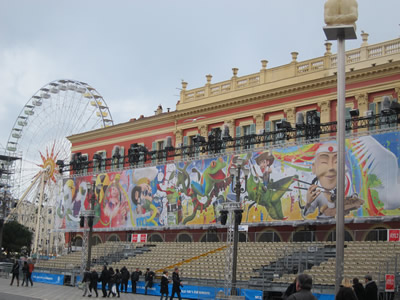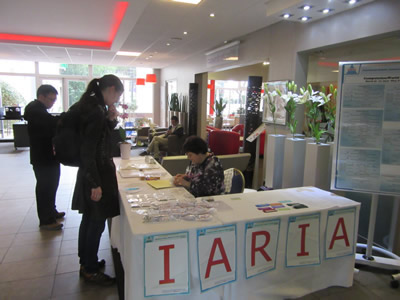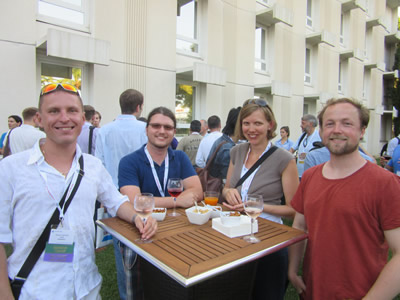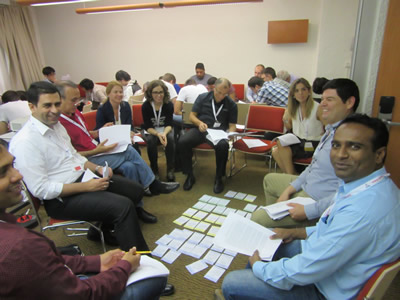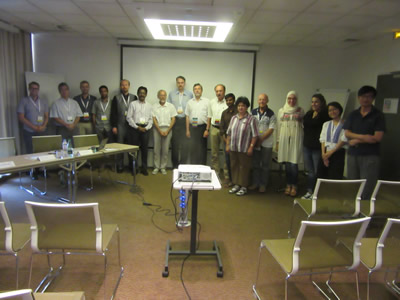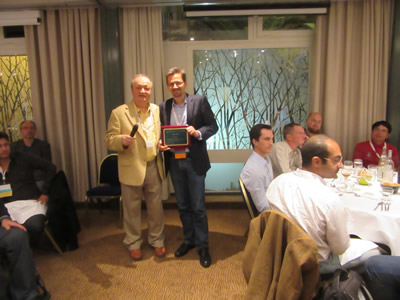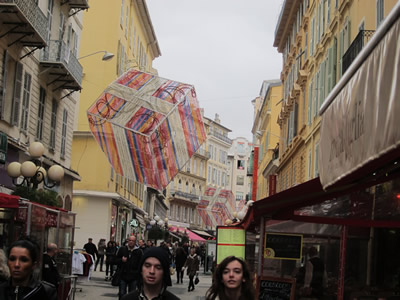SOCIETY TRENDS 2022 - International Conference on Technical Advances and Human Consequences
July 24, 2022 - July 28, 2022
SOCIETY TRENDS 2022: Call for Papers
Onsite and Online Options: In order to accommodate a large number of situations, we are offering the option for either physical presence or virtual participation (pdf slides or pre-recorded videos).
Technical and handily solutions brought tremendous opportunities for humans. The pace the society hastily created calls for preparedness and continuous adaptation for avoiding adverse effects.
Awareness, informal denials, and weak counteractions are becoming useless at the status of the pace of innovative tendency, considering the technology complexity and weak humankind capabilities for adapting to new services/technologies.
Apart useless intended features and unintended bugs, on purpose intruders (bugs, virus, worms, etc.) are freely running on hardware&software. Unintended or ill-intended back doors are common features of all systems and applications, putting cyber-security, critical services, and ultimately all citizens at risk.
Apart security breaches and privacy invasion, addiction via the metaverse applications / environments are the main new unknown in terms of consequences.
In the recent decades, society detrimentally sacrificed the safety privacy driven control, as well as emotional and physical capacities in favor of prompt action and untested decisions, not necessarily the best. Therefore, a careful education and awareness are suitable.
SOCIETY TRENDS 2022 inaugural series is a dedicated series of annual events to focus on the society existential technical paradigm: “Where are We Going?”. Let us stop for a while, identify feasible safer solutions, counter the (potential) danger, and move on to the next steps well equipped!
Some solutions exist but not applied, nor advertised in their entirety; systems, applications, and citizens manifest unwanted behavior that should be considered in digital space to limit the unintended output.
The event organizers welcome contributions on experience sharing, outputs of experienced solutions and innovative ways to prevent, monitor, detect, fight, close, stop an also standardize, enforce, and penalize damaging and/or illegal actions available due to everybody's access to the global Internet.
Solutions might be by using (i) technical (methods, protocol, traps), (ii) preventive/predictive methods, and (iii) building self-defending and features preventing addictions for protecting the humans, as service beneficiaries.
Addiction (by regularly and exceeding in having or doing something) is a human societal side effect of a large habits spectrum; This tendency manifests on a large types of devices and services. For everybody’s wellness and awareness on potential harmful side effects, prevention and adequately protecting (by-design) devices and services are recommended.
The event considers technological addiction manifested by an excessive use (up to a harming point) of technological devices and services. Technical solutions, device promotion, service delivery, and customer awareness should address both technically skilled and non-skilled users.
We solicit both academic, research, and industrial contributions. We welcome technical papers presenting research and practical results, position papers addressing the pros and cons of specific proposals, such as those being discussed in the standard fora or in industry consortia, survey papers addressing the key problems and solutions on any of the above topics short papers on work in progress, and panel proposals.
Industrial presentations are not subject to the format and content constraints of regular submissions. We expect short and long presentations that express industrial position and status.
Tutorials on specific related topics and panels on challenging areas are encouraged.
The topics suggested by the conference can be discussed in term of concepts, state of the art, research, standards, implementations, running experiments, applications, and industrial case studies. Authors are invited to submit complete unpublished papers, which are not under review in any other conference or journal in the following, but not limited to, topic areas.
All topics and submission formats are open to both research and industry contributions.
SOCIETY TRENDS 2022 conference themes:
Requirements for Online Learning Requirements and Lessons Learned
Online/In Class Learning Sciences; Curricula and Teaching Models for Interactive Online Learning; Psychological Impact and Social Analytics; Social Network Analysis and Sentiment Analysis; Impact of Online Learning Teaching Arts; Experiences on Experimental Online Laboratories and Academic Medical Experiments; Methods and Lessons Learned on how to Balance Learning Methods; Combination Online Learning with Face-to-face Activities
Metaverse Systems/Solutions
Immersion solutions on Real and Virtual Environments; Augmented reality Usability, Mobile Virtual Reality, and Perceived Impact on users; Reports on Collaborative Experiences in Interactive Virtual Reality (IVR); Experiments with Omnidirectional Cinemographs, Virtual Theaters, and Virtual Trips; Experiments on Digital Augmented Physical Games, AR entertainment; Studies on Individualized VR for Mental Health; Solutions on Cognitive Adaptive Training in Extended Virtual Reality (EVR); Analytics on Physiological sensing in EVR and user Perception; Experiences and Studies on Health and Behavioral Impact on users
Experiences on Interaction with Smart Devices and Services
Guidelines for Privacy/security Risks of using IoT Devices and Smart Devices; Analysis of Smart Devices Risks versus Similar non-Smart Devices; Personal Data Breaches (Senses, Voice, Mobility, Health); Awareness on Undisclosed Collection of Users' Data; User Experiences on Services and Applications
Technology-driven Humans Behavior
Tolls and Methods to Limit Technology Addiction via Apps self-Features; (Uncontrolled) User-oriented Online Invasion Tools (Limit, Prevent and Cancel); Personalized Options for Interacting with Artificial Caller Agents; Security and Data Protection
Technology-based Wellbeing
Assistive HealthCare and Wellbeing through Empathy (Assistive) Robots; Methods to Identify and Prevent the Back Doors Use; Phobia Treatment via Virtual Reality Approach; Pre-Training Drivers via Simulators
Guidelines on Security in Smart Systems/Devices/Services
Data Breaching and Personal Data Leaking; Privacy and Personal Data Protection; Guides on Intruding Action Types and Detection of Attempt Intrusions; Awareness Methods/Guides for Digitally Skilled and not-Skilled Users
Explainability for Machine-driven Control
Decisions with Man-in-the-Middle Monitoring/Control; Decisions on Robot-based/AI Control & Decision; Analysis on Illegal and Unlawful Location Tracking; Forging Control Authentication (Facial Recognition, Voice Recognition, etc.)
Analytics on Consuming Media/Influencers' Services
Standards/Guidelines for Criteria for Detecting Embedded Misleading Information; Fake News and Distorted Truths as Summarized Reference Guidelines; Guidelines for Handling Fake Information (Identify, Isolate, and Remove); Alterations Detection Methods/Guidelines (Image Substitutions, Age&Voice forging); Methods Dealing with Fake Art and Fake Art Business; Social Network Analytics of Disinformation Campaigns (Toxicity and Sentiments); Social Media OSINT Methodologies and Tools, Deviant Behaviors on Social Media
Deep-unknown Devices/Services features (Skilled and Unskilled Users)
Methods to Detect Partially Designed/Manufactured Products; Methods to Detect Flaws Device/Service (Intended/Unintentional); Global Access Availability Caveats (Awareness on Legal Aspects); Affordability, Accessibility, and Universal Access to Public Information; Legal Advising Guidelines for Device/Service Flaws; Laws for Illegal Use of Freedom of Speech and Anonymity
Requirements for Law Enforcement
Unfounded Defamation, Slander, Abusive and Insulting Language in Public Space; Unlawful and Defamatory Information in Public Space; Mislabeled and Misleading Information; Standards for Society Legal Counteractions
Deadlines:
Submission | May 22, 2022 |
Notification | Jun 15, 2022 |
Registration | Jun 22, 2022 |
Camera ready | Jun 25, 2022 |
Deadlines differ for special tracks. Please consult the conference home page for special tracks Call for Papers (if any).
INSTRUCTION FOR THE AUTHORS
Authors of selected papers will be invited to submit extended versions to one of the IARIA Journals.
Publisher: XPS (Xpert Publishing Services)
Archived: ThinkMindTM Digital Library (free access)
Prints available at Curran Associates, Inc.
How to submit to appropriate indexes.
Only .pdf or .doc files will be accepted for paper submission. All received submissions will be acknowledged via an automated system.
Contribution types
- regular papers [in the proceedings, digital library]
- short papers (work in progress) [in the proceedings, digital library]
- ideas: two pages [in the proceedings, digital library]
- extended abstracts: two pages [in the proceedings, digital library]
- posters: two pages [in the proceedings, digital library]
- posters: slide only [slide-deck posted on www.iaria.org]
- presentations: slide only [slide-deck posted on www.iaria.org]
- demos: two pages [posted on www.iaria.org]
FORMATS
Only .pdf or .doc files will be accepted for paper submission. All received submissions will be acknowledged via an automated system.
Final author manuscripts will be 8.5" x 11", not exceeding 6 pages; max 4 extra pages allowed at additional cost.
Helpful information for paper formatting for MS Word can be found here.
There is a community provided LaTeX template: the CTAN package iaria (with full IARIA formatting rules, including IARIA citation style, but for providing citation style it is tightly bound to pdflatex+biblatex+biber). In addition, there is also iaria-lite (not bound to pdflatex+biblatex+biber, but compatible with any TeX stack; thus, it cannot provide the IARIA citation formattings, but only the titlepage and content-related IARIA formatting rules). Based on the iaria package, there is a minimal working example as Overleaf template. When you are using the LaTeX templates, please still adhere to the additional editorial rules.
Slides-based contributions can use the corporate/university format and style.
Your paper should also comply with the additional editorial rules.
Once you receive the notification of contribution acceptance, you will be provided by the publisher an online author kit with all the steps an author needs to follow to submit the final version. The author kits URL will be included in the letter of acceptance.
We would recommend that you should not use too many extra pages, even if you can afford the extra fees. No more than 2 contributions per event are recommended, as each contribution must be separately registered and paid for. At least one author of each accepted paper must register to ensure that the paper will be included in the conference proceedings and in the digital library, or posted on the www.iaria.org (for slide-based contributions).
CONTRIBUTION TYPE
Regular Papers (up to 6-10 page article -6 pages covered the by regular registration; max 4 extra pages allowed at additional cost- ) (oral presentation)
These contributions could be academic or industrial research, survey, white, implementation-oriented, architecture-oriented, white papers, etc. They will be included in the proceedings, posted in the free-access ThinkMind digital library and sent for indexing. Please submit the contributions following the instructions for the regular submissions using the "Submit a Paper" button and selecting the appropriate contribution type. 12-14 presentation slides are suggested.
Short papers (work in progress) (up to 4 pages long) (oral presentation)
Work-in-progress contributions are welcome. These contributions represent partial achievements of longer-term projects. They could be academic or industrial research, survey, white, implementation-oriented, architecture-oriented, white papers, etc. Please submit the contributions following the instructions for the regular submissions using the "Submit a Paper" button and selecting the contribution type as work in progress. Contributors must follow the conference deadlines, describing early research and novel skeleton ideas in the areas of the conference topics. The work will be published in the conference proceedings, posted in the free-access ThinkMind digital library and sent for indexing. For more details, see the Work in Progress explanation page. 12-14 presentation slides are suggested.
Ideas contributions (2 pages long) (oral presentation)
This category is dedicated to new ideas in their very early stage. Idea contributions are expression of yet to be developed approaches, with pros/cons, not yet consolidated. Ideas contributions are intended for a debate and audience feedback. Please submit the contributions following the instructions for the regular submissions using the "Submit a Paper" button and selecting the contribution type as Idea. Contributors must follow the conference deadlines, describing early research and novel skeleton ideas in the areas of the conference topics. The work will be published in the conference proceedings, posted in the free-access ThinkMind digital library and sent for indexing. For more details, see the Ideas explanation page. 12-14 presentation slides are suggested.
Extended abstracts (2 pages long) (oral presentation)
Extended abstracts summarize a long potential publication with noticeable results. It is intended for sharing yet to be written, or further on intended for a journal publication. Please submit the contributions following the instructions for the regular submissions using the "Submit a Paper" button and selecting the contribution type as Extended abstract. Contributors must follow the conference deadlines, describing early research and novel skeleton ideas in the areas of the conference topics. The work will be published in the conference proceedings, posted in the free-access ThinkMind digital library and sent for indexing. 12-14 presentation slides are suggested.
Posters (paper-based, two pages long) (oral presentation)
Posters are intended for ongoing research projects, concrete realizations, or industrial applications/projects presentations. The poster may be presented during sessions reserved for posters, or mixed with presentation of articles of similar topic. A two-page paper summarizes a presentation intended to be a POSTER. This allows an author to summarize a series of results and expose them via a big number of figures, graphics and tables. Please submit the contributions following the instructions for the regular submissions using the "Submit a Paper" button and selecting the contribution type as Poster Two Pages. Contributors must follow the conference deadlines, describing early research and novel skeleton ideas in the areas of the conference topics. The work will be published in the conference proceedings, posted in the free-access ThinkMind digital library and sent for indexing. 8-10 presentation slides are suggested. Also a big Poster is suitable, used for live discussions with the attendees, in addition to the oral presentation.
Posters (slide-based, only) (oral presentation)
Posters are intended for ongoing research projects, concrete realizations, or industrial applications/projects presentations. The poster may be presented during sessions reserved for posters, or mixed with presentation of articles of similar topic. The slides must have comprehensive comments. This type of contribution only requires a 8-10 slide-deck. Please submit the contributions following the instructions for the regular submissions using the "Submit a Paper" button and selecting the contribution type as Poster (slide-only). The slide-deck will be posted, post-event, on www.iaria.org.
8-10 presentation slides are suggested. Also a big Poster is suitable, used for live discussions with the attendees, additionally to the oral presentation.
Presentations (slide-based, only) (oral presentation)
These contributions represent technical marketing/industrial/business/positioning presentations. This type of contribution only requires a 12-14 slide-deck. Please submit the contributions following the submission instructions by using the "Submit a Paper" button and selecting the contribution type as Presentation (slide-only). The slide-deck will be posted, post-event, on www.iaria.org.
12-14 presentation slides are suggested.
Demos (two pages) [posted on www.iaria.org]
Demos represent special contributions where a tool, an implementation of an application, or a freshly implemented system is presented in its alfa/beta version. It might also be intended for thsoe new application to gather the attendee opinion. A two-page summary for a demo is intended to be. It would be scheduled in special time spots, to ensure a maximum attendance from the participants. Please submit the contributions following the submission instructions by using the "Submit a Paper" button and selecting the contribution type as Demos. The Demos paper will be posted, post-event, on www.iaria.org.
Tutorial proposals
Tutorials provide overviews of current high interest topics. Proposals should be for 2-3 hour long. Proposals must contain the title, the summary of the content, and the biography of the presenter(s). The tutorial slide decks will be posted on the IARIA site.
Please send your proposals to tutorial proposal
Panel proposals
The organizers encourage scientists and industry leaders to organize dedicated panels dealing with controversial and challenging topics and paradigms. Panel moderators are asked to identify their guests and manage that their appropriate talk supports timely reach our deadlines. Moderators must specifically submit an official proposal, indicating their background, panelist names, their affiliation, the topic of the panel, as well as short biographies. The panel slide deck will be posted on the IARIA site.
Please send your proposals to panel proposal
